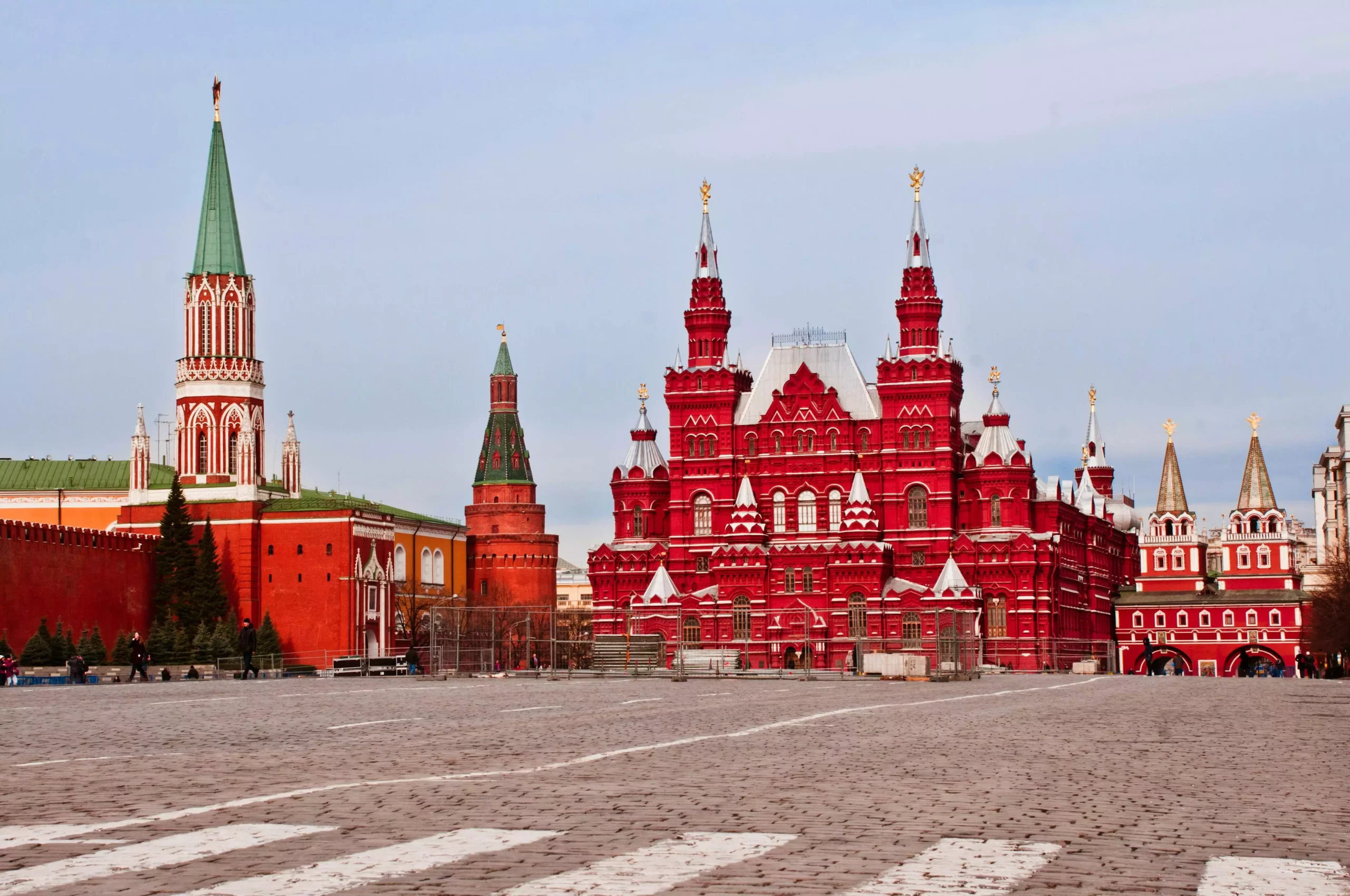In a surprising pivot indicative of shifting geopolitical stances, Russia has declared its entry into the world of cryptocurrency trading with the launch of Bitcoin futures on the Moscow Exchange (MOEX). This is not merely a cosmetic enhancement to their financial system but a potential game-changer that reflects a calculated strategy for economic autonomy amidst a turbulent global market. Moscow’s decision to unhinge itself from foreign cryptocurrency platforms by offering Bitcoin futures priced in US dollars, but settled in Russian rubles, is no coincidence; it signifies a deliberate effort to harness the benefits of the cryptocurrency boom while maintaining strict controls over its domestic economy.
Balancing Risk and Reward
Russia has historically been apprehensive about the volatility and unpredictability of cryptocurrencies, which is why the Bank of Russia’s plan to restrict these futures to qualified investors—namely high-stakes banks and funds—seems prudential. There’s a clear acknowledgment within the government of the attractive profit margins offered by digital assets, but with those rewards come substantial risks. Allowing only institutional investors to trade these futures is an implicit recognition of the need to mitigate risks and limit potential fallout from speculative upheavals. This selective access could provide a safer entry point for Russia into the crypto arena, thereby serving as a bulwark against the more chaotic aspects of the cryptocurrency ecosystem.
A Cautious Yet Calculated Strategy
The method behind this cautious approach speaks volumes about Russia’s long-term vision. By tying futures to the performance of the iShares Bitcoin Trust ETF, the MOEX allows participants to interface with the global cryptocurrency landscape without exposing itself to the hazards of direct crypto trading. Additionally, settling transactions in rubles shields local traders from the unpredictable fluctuations of foreign currencies. This can be seen as an astute maneuver: the benefits of international capital flow are harnessed while ensuring that the Russian economy does not become overly reliant on external factors.
Even behind the scenes, the regulatory framework maintains a cautious stance. While the central bank grants approvals for crypto-linked derivatives, it concurrently discourages banks and investment firms from diving too deep into direct Bitcoin trades for clients. This may seem restrictive, but it reflects an essential government philosophy—encouraging innovation while avoiding the potential pitfalls of investor mania.
Empowering Local Investors, But Not Everyone
That said, the limitation of these futures to institutional players raises some eyebrows. This exclusive club of “qualified investors” effectively leaves the average Russian citizen out of the lucrative cryptocurrency frenzy. By not allowing retail investors to engage with Bitcoin futures, the Kremlin is fostering an economic environment that could be seen as elitist. While it protects the broader financial ecosystem, the balance between ambition and accessibility remains shaky. Will an increasingly financially educated populace find frustration in this elitist barrier?
At the same time, Sberbank’s parallel initiatives to develop their own crypto-based products signal a growing recognition of the demand for digital investment tools among individual consumers. By offering structured bonds tied to Bitcoin that do not require a crypto wallet, Sberbank is seemingly trying to navigate the contradiction between burgeoning interest in cryptocurrencies and the government’s stringent controls.
Creating a New Financial Paradigm
Ultimately, Russia’s hesitant march towards cryptocurrency could signify much more than mere institutional interests; it could represent a larger narrative about economic sovereignty in an age dominated by global financial hegemony. By creating its structured framework around Bitcoin futures—effectively permitting the use of crypto-based financial products while locking out broader public participation—the country appears intent on constructing a unique financial paradigm that is distinctive to its context.
Navigating the global investment landscape requires adaptability, and Russia’s move illustrates a commendable blend of cautious optimism and strategic planning. If managed effectively, this could be a blueprint for other nations grappling with how to position themselves in an increasingly crypto-dominated world. The future of Russia’s cryptocurrency offerings may indeed influence broader trends, establishing it as a pivotal player in the future of global finance, even if it comes at the cost of broad accessibility for its citizens.















